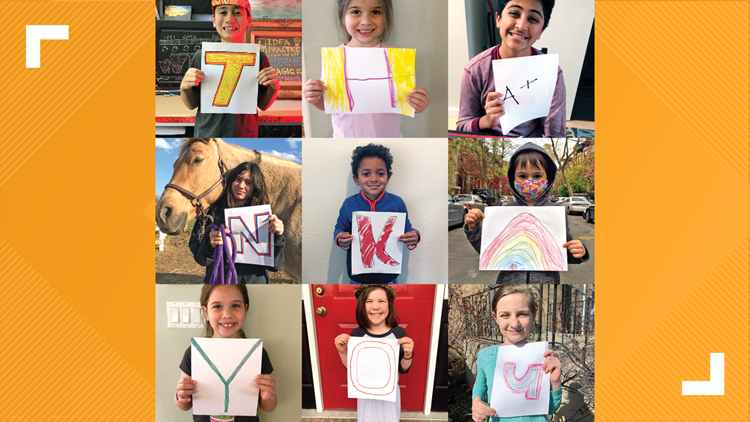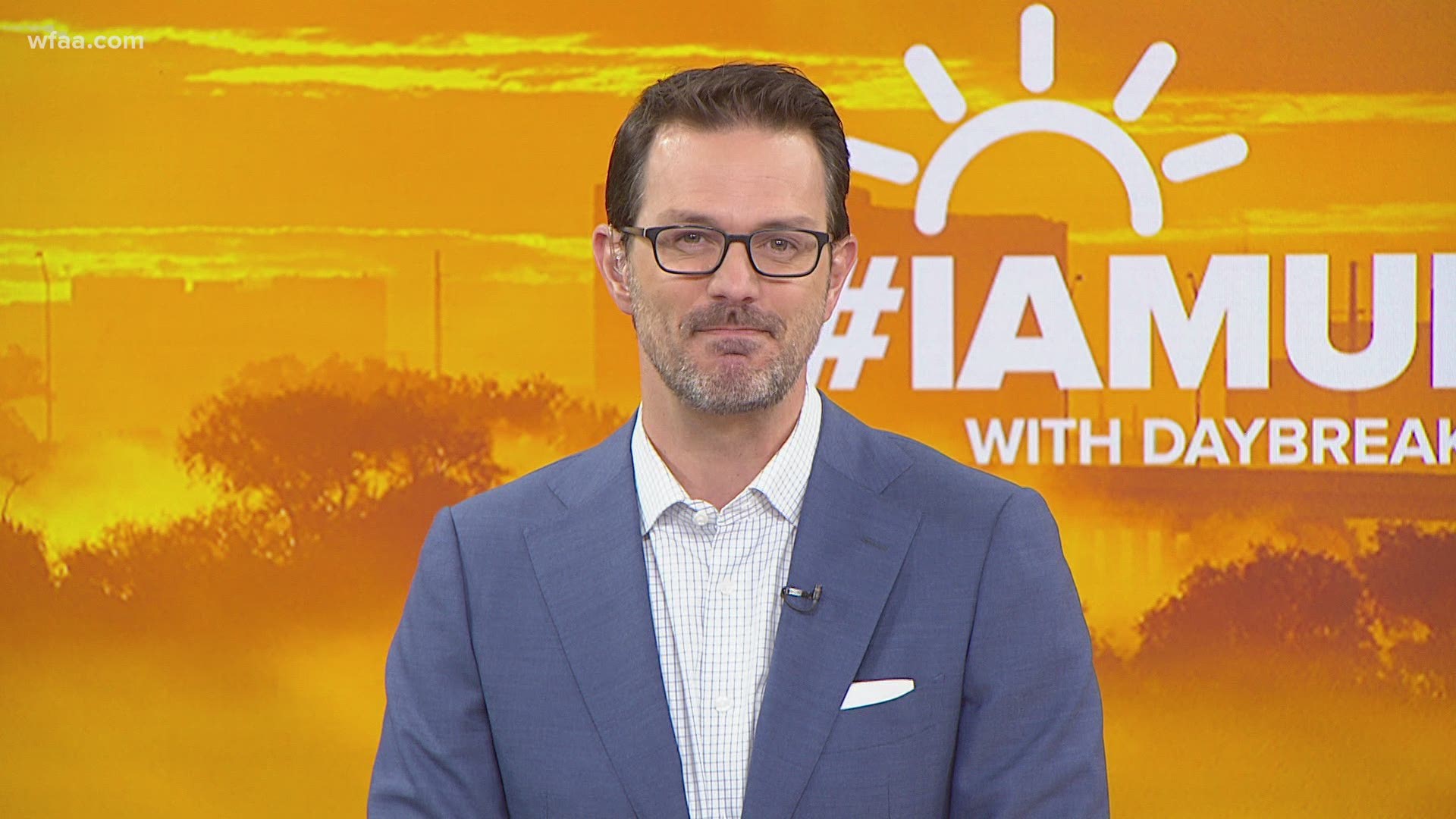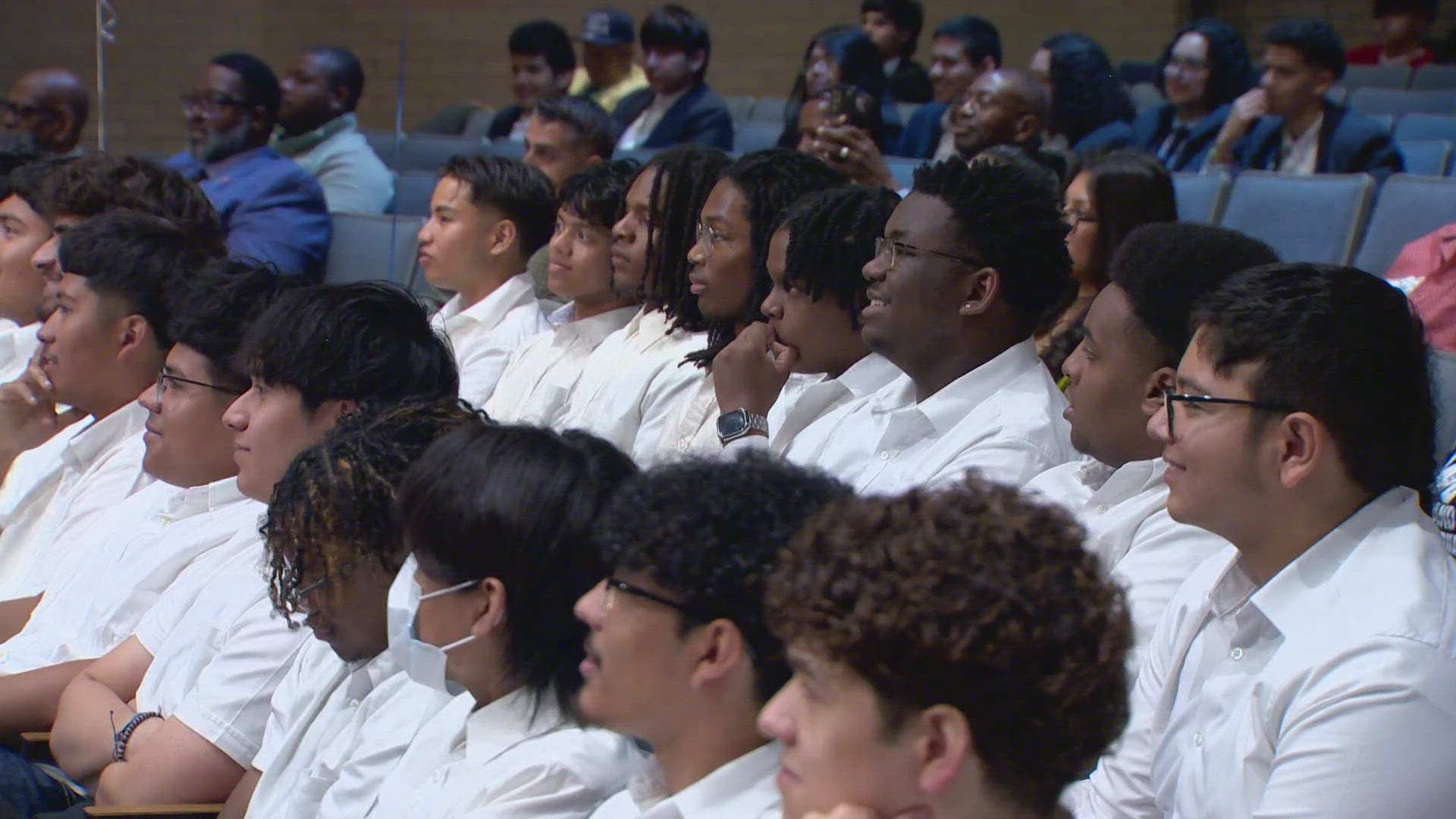Teach for America will sharpen skills for its Dallas-Fort Worth teachers with social-emotional intelligence training, which is even more critical during the pandemic, the nonprofit announced Tuesday during a news conference.
The nonprofit also discussed the current state of education as the pandemic lingers on and the digital divide which has challenged many families.
During the virtual conference, leaders in the nonprofit announced a new partnership with the Yale University Center for Emotional Intelligence to benefit teachers.
The physical and emotional well-being of teachers and students has been a major topic of discussion during the pandemic.
"What this time period had done is this has shown the light of how valuable people in the educational space really are and the work and sacrifice they bring," said Quinton "Q" Phillips, a Fort Worth ISD School Board trustee. "I've seen so many educators go above and way beyond what that investment is in their job description."
The nonprofit, which places teachers in disenfranchised communities for two years, has 504 educators in Fort Worth and Dallas school districts.
Social-emotional learning is becoming more of a priority in districts and curriculums across the country, including in Dallas and Fort Worth ISDs.
The Yale program, called RULER, will train educators with a systemic approach to five skills of emotional intelligence. The educators will then lead implementation into their own school community.
"The same way that airlines tell us to put our own air mask ourselves first before helping others, that applies at work and with educators themselves," said Rea Foster, executive director for the Dallas-Fort Worth Teach for America chapter.
Foster says social-emotional learning will help teachers feel less burnout. She sees the initiative as directly correlating to teacher satisfaction and retention.
"Did you take a walk today? Did you cook for yourself? What are you doing to sustain yourself during these times?" Foster said. "We can often see them neglecting themselves and that's not good in the long run."
A teacher caring for themselves in this way will ultimately trickle down in positive ways in their classrooms and their students.
“We have to be on guard for the physical wellbeing but also the emotional wellbeing for not only our students, who are first priority, but educators who are going through everything every day,” Phillips said.
Teachers are teaching kindergarteners how to learn to read and write letters online, which is already hard for a student in a traditional school year, but virtually is another complexity, said Jessica Guthrie, senior managing director of teacher leadership development at Teach for America.
"It's amazing what teachers are doing," Guthrie said. "What we do know is a teacher's well-being directly impacts a student's experience in class."
Digital divide
Teachers and educators have worked with families throughout the pandemic to help their children succeed, even through technology woes and the digital divide.
The pandemic "further showed the need that in this state of education we need to be one-to-one on technology [devices], it’s such a vital asset," Phillips said. "The same thing comes to broadband internet access. This is an essential utility, this is electricity, this is gas."
Dallas and Fort Worth ISDs distributed tens of thousands of hot spots and devices to students this year.
Dallas ISD Trustees have proposed a $3.7 billion bond that will expand technology and universal broadband for students, if approved, Solis said. Voters will decide on that bond during early voting and on Election Day, Nov. 3.
"The pandemic opened our eyes to the disproportion that still exists,” Solis said. “Kids not being able to eat at home because they simply rely on schools to eat or kids that are having to deal with issues at home that they would go to school to get away from."
Dallas ISD distributed 4 million meals from March to July, Solis said.
Learning loss
As some students have gotten behind on virtual lessons, schools across the nation have been preparing for the "COVID slide" or learning loss due to virtual lessons.
Dallas ISD is already "radically rethinking" for the aftermath of the pandemic, such as addressing and mitigating learning loss in students, Solis said.
The district is looking at potentially changing the 2021-2022 school year, he said. Families in Dallas ISD will be asked to participate in a survey to provide feedback on the calendar, he said.
He said the district is grateful to families and community partners for stepping up to the plate to help students and the district.
How communities can help
Central Market donated $1 million to help repair 10 schools and 50 trees that were destroyed in the Dallas tornadoes one year ago Tuesday. Solis applauded the way the community and families have already stepped up this year.
Solis said people who want to help can look to the Dallas Education Foundation, which connects volunteers and supports the district philanthropically.
Philips from Fort Worth ISD asked community members to “remember that we are all in this together,” he said.
“We all have to wrap around our young people our students and really understand we are all playing a role in the education and well-being of students at this time,” he said.
He asked people to follow the health guidelines, like wearing a face mask, washing your hands, keeping a social distance, to help students and educators be in the safest environment possible and keep schools available and open.




